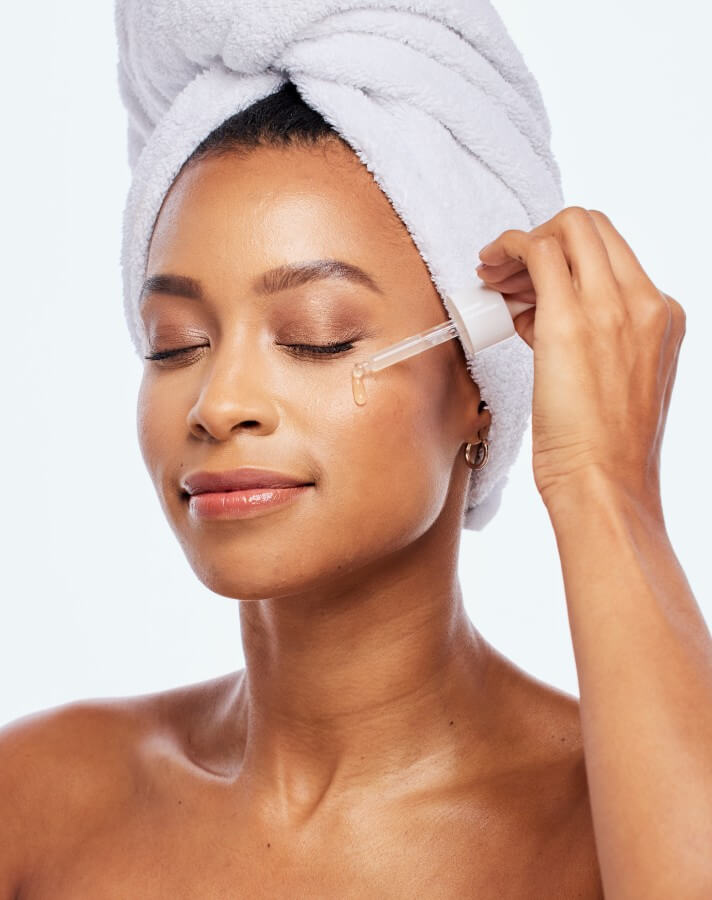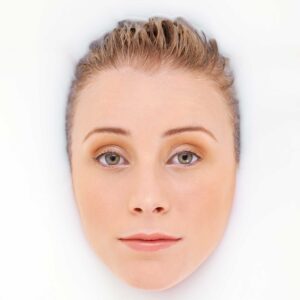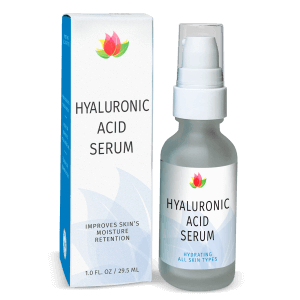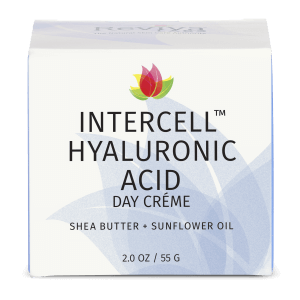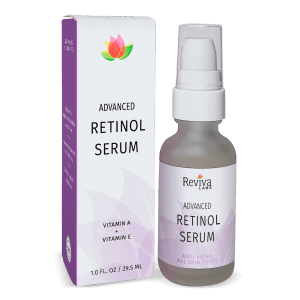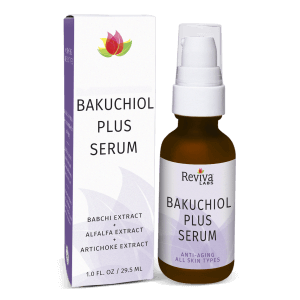Ingredients, Skin Care
What are Polyhydroxy Acids
Polyhydroxy acids (PHAs) have been steadily gaining recognition in the skincare industry, offering a gentle yet effective alternative to the more commonly known alpha hydroxy acids (AHAs) and beta hydroxy acids (BHAs). PHAs are a unique class of hydroxy acids that deliver many benefits without some of the harsh side effects that are often associated with other exfoliants. For those with sensitive skin or specific skincare concerns, PHAs might be the ingredient you’ve been searching for.
PHAs are chemical exfoliants like AHAs but with a larger molecular structure. This larger size means that they penetrate the skin more slowly, which reduces the likelihood of irritation. One of the most well-known PHAs is gluconolactone, which is derived from gluconic acid and found naturally in the body. Another popular PHA is lactobionic acid, which comes from milk sugars. These ingredients work by gently breaking down the bonds between dead skin cells, promoting cell turnover and revealing fresher, more radiant skin.
One of the most significant benefits of PHAs is their ability to moisturize the skin. Unlike AHAs and BHAs, which can sometimes leave the skin feeling dry and tight, PHAs attract moisture to the skin, making them ideal for those with dry or dehydrated skin. This dual action of exfoliating and hydrating helps improve the overall texture and tone of the skin without compromising its moisture barrier.
Sensitive skin types can particularly benefit from incorporating PHAs into their skincare routine. Because PHAs are less likely to cause irritation, they are an excellent option for those who have struggled with the harshness of other exfoliants in the past. This makes PHAs suitable for people with conditions like rosacea or eczema.
Another key benefit of using PHAs is that they have antioxidant properties to help protect the skin from free radical damage. This is crucial in preventing premature aging and maintaining a youthful appearance. By neutralizing free radicals, PHAs help reduce the signs of aging, such as fine lines and wrinkles, while promoting a healthier skin barrier.
Research has shown that PHAs can also enhance the skin’s natural barrier function. A study published in the Journal of Cosmetic Dermatology found that PHAs improve skin thickness and hydration, making them beneficial for mature skin, which tends to be thinner and more susceptible to environmental stressors. This protective effect not only supports the skin’s structural integrity but also enhances its resiliency against external irritants.
Another significant advantage of PHAs is their ability to provide gentle exfoliation without increasing the skin’s photosensitivity. Unlike AHAs, which can make the skin more susceptible to UV damage, PHAs may be associated with less risk of sunburn and sun damage. This makes them a versatile addition to any skincare routine, particularly those with sensitive skin.
PHAs also work well in conjunction with other skincare ingredients. They can be combined with humectants like hyaluronic acid for added hydration or with retinoids to amplify their anti-aging effects. This compatibility allows for a more customized skincare regimen that addresses multiple concerns simultaneously.
For individuals with acne-prone skin, PHAs offer an alternative way to manage breakouts without causing further irritation. Their gentle exfoliating action can help to clear clogged pores and reduce inflammation, making them suitable for maintaining clear and healthy skin. Additionally, PHAs’ ability to retain moisture aids in preventing the dryness often associated with other acne treatments.
The good news is that polyhydroxy acids present a versatile and gentle option for anyone looking to enhance their skincare routine. Whether dealing with dryness, sensitivity, or signs of aging, PHAs offer a comprehensive solution that promotes healthier, more resilient skin. By incorporating PHAs into daily skincare, users can achieve a radiant complexion with fewer concerns about irritation or dryness. As the skincare community continues to explore and embrace the benefits of PHAs, their role in achieving optimal skin health is becoming increasingly evident.



